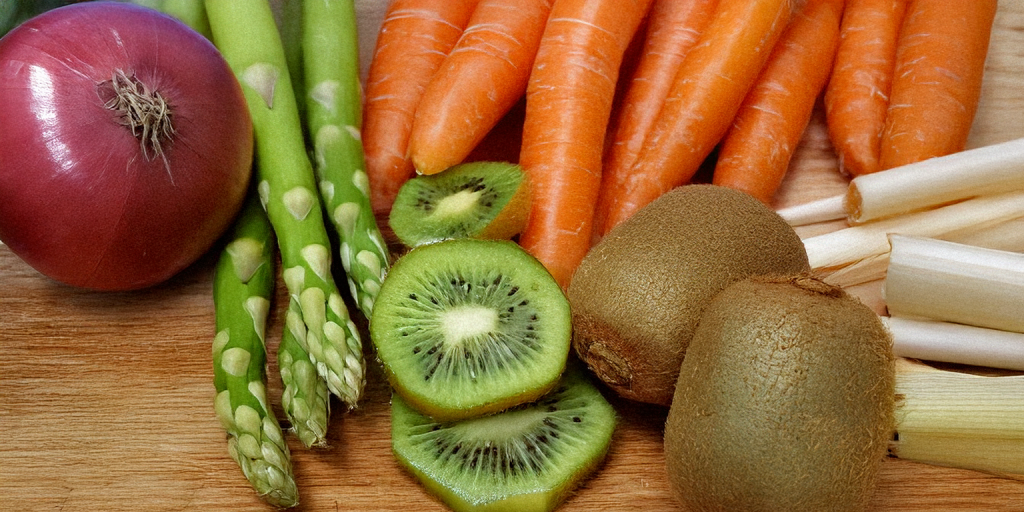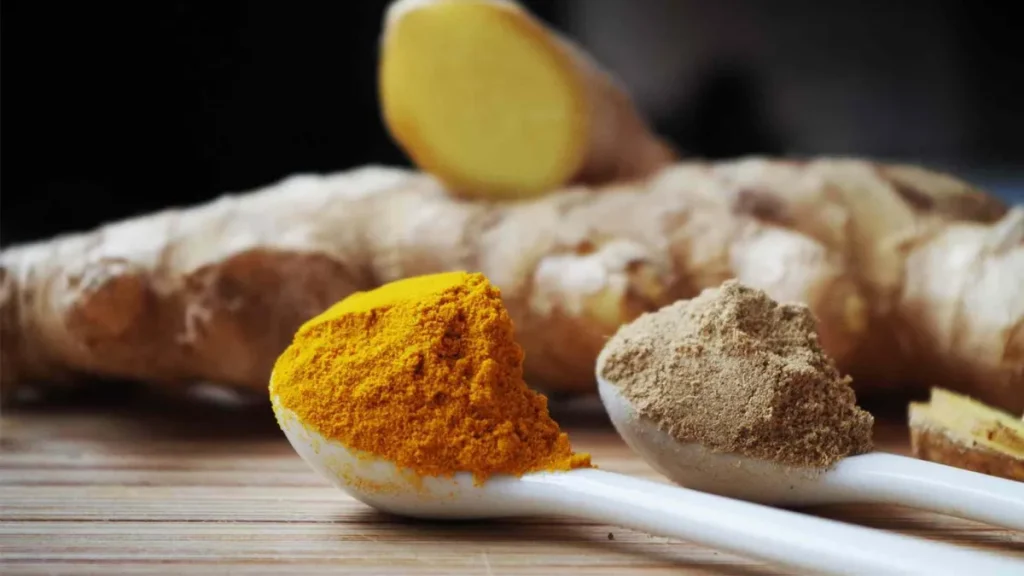Written by Grisel Aranzabe (Nutritionist, low-FODMAP approach & Human Microbiota Specialist)
Science has shown that the gut microbiota plays a key role in our overall health. This ecosystem of bacteria living in our intestines not only affects digestion but also influences mood, immunity, and inflammation levels. That’s why maintaining a balanced microbiota is key to feeling good physically and mentally.
The good news is that one of the most effective ways to support our microbiota is through diet. And you don’t need exotic or hard-to-find ingredients: it all starts with real food and a wide variety of vegetables, fruits, tubers, seeds, whole grains, and fermented foods.
Fermentable Fiber: The Best Foods to Fuel Your Gut Bacteria

One of the most important nutrients for your gut bacteria is fermentable fiber. Although your body doesn’t digest these fibers directly, your microbiota does.
During fermentation, these fibers produce beneficial substances like butyrate, a short-chain fatty acid with anti-inflammatory and protective effects on the gut. Some foods rich in fermentable fiber include cooked apples, carrots, kiwi, oats, onions, leeks, and asparagus. Including these in your daily diet can significantly contribute to maintaining a balanced microbiota.
Resistant Starch: The Gut-Healthy Carbohydrate You Need

Another great ally is resistant starch, which forms when you cook and then cool foods like potatoes, sweet potatoes, or yams.
This type of starch reaches the large intestine intact, where bacteria ferment it and turn it into energy for your intestinal cells. So, don’t hesitate to bake or boil your potatoes and let them cool before eating.
Chia, Flax, and Fermented Foods: Natural Probiotics and Prebiotics for Gut Health

Chia and flax seeds are particularly beneficial for your microbiota. When hydrated, they release mucilage, a type of fiber that protects and nourishes good bacteria.
Additionally, fermented foods like sauerkraut, kefir, kombucha, and homemade pickles provide live microorganisms that enrich your gut ecosystem.
Polyphenol-Rich Foods: How Antioxidants Improve Your Gut Health

Polyphenols also play a significant role in microbiota health. These antioxidants interact positively with your gut bacteria and can be found in foods like berries, dark chocolate, spices like turmeric, ginger, oregano, and in nuts.
Not only do they nourish your good bacteria, but they are also transformed by them into compounds with a powerful positive impact on your health.
Foods That Harm Your Gut Microbiota: What to Avoid
Just as some foods nourish your gut, others can disrupt it. Try to avoid ultra-processed foods, alcohol, excess sugar, artificial sweeteners, and trans fats as much as possible. These are silent enemies that can negatively affect your microbiota’s balance.
Eat Real Food: Simple Tips to Support Your Gut Health
Caring for your gut doesn’t have to be complicated. The key is to get back to basics: choose real, fresh, and diverse foods. A practical tip is to think in colors when preparing your meals. The more variety of hues on your plate, the greater the diversity of nutrients, fibers, and protective compounds. A colorful dish is not only visually appealing but also a great ally for your gut health.
Maintaining a healthy microbiota is essential for overall well-being. With small changes in your diet and a focus on natural, whole foods, you can improve not just your digestion but also your physical and mental health. Start nourishing your microbiota today and feel the difference!





